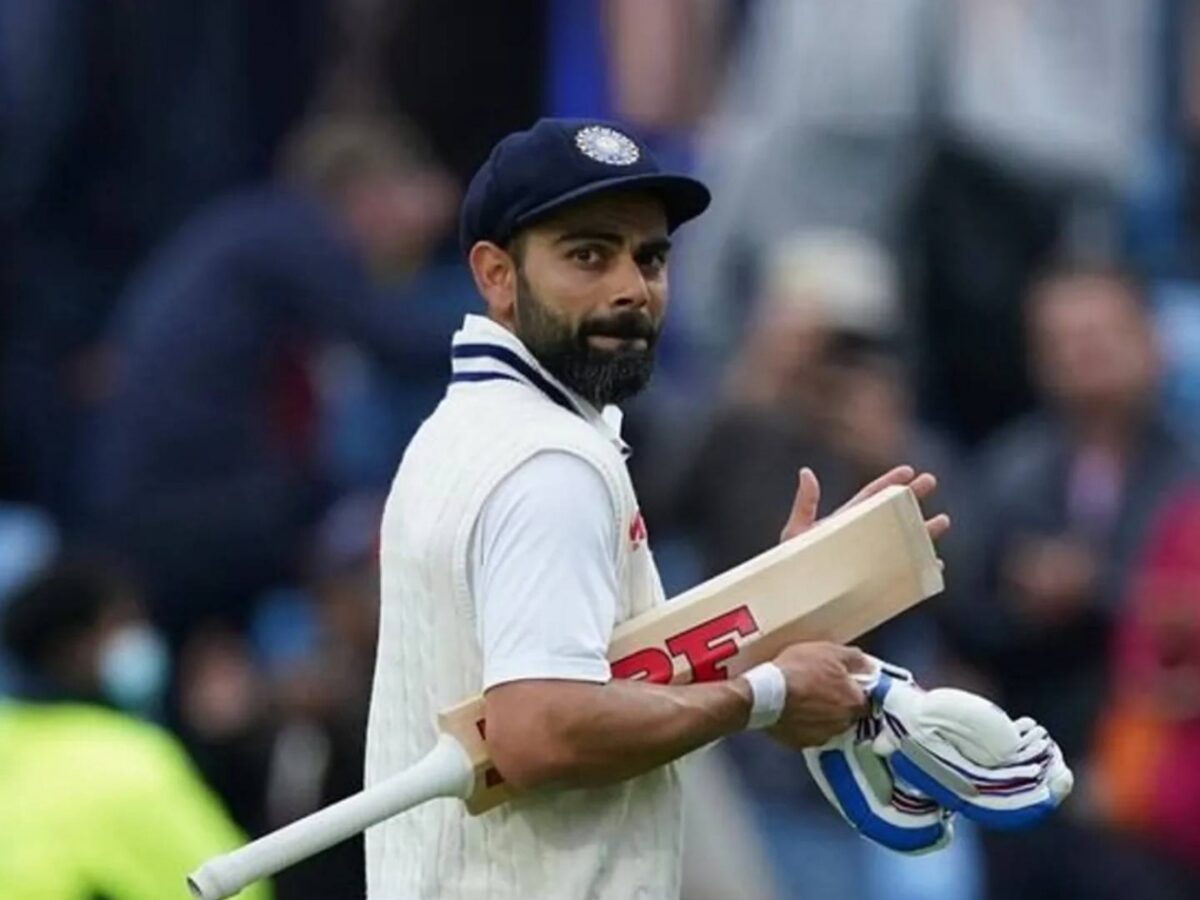Table of Contents
Introduction:
The cricketing world was taken aback recently when Virat Kohli, the stalwart Indian batsman and former captain, announced his withdrawal from the upcoming India-England series. Kohli, known for his aggressive and influential presence on the field, cited personal reasons for his decision, leaving fans and cricket pundits speculating about the implications of his absence on the team dynamics, especially in the pace department.
Virat Kohli’s Decision:
Virat Kohli’s decision to step away from the India-England series has stirred considerable debate and discussion within the cricketing fraternity. The Indian skipper, known for his unwavering commitment and passion for the game, surprised many with this unexpected move. While Kohli did not disclose specific details about his reasons for opting out, he emphasized the importance of prioritizing his well-being and addressing personal matters.
Impact on Team India:
Kohli’s absence undoubtedly leaves a significant void in the Indian squad, both on and off the field. As one of the most experienced and accomplished players in the team, his leadership, batting prowess, and tactical acumen will be sorely missed. Moreover, Kohli’s departure necessitates a reshuffle in the team composition, particularly in the pace department, where his influence and guidance were invaluable.
Reshaping the Pace Department:
With Virat Kohli absent from the squad, the Indian team management faces the daunting task of reshaping the pace department to maintain its competitive edge against a formidable opponent like England. Kohli’s absence not only affects the team’s batting order but also necessitates a reevaluation of bowling strategies and personnel.
Emerging Pace Bowlers:
In Kohli’s absence, the spotlight now falls on the emerging pace bowlers within the Indian cricketing ranks. Players like Jasprit Bumrah, Mohammed Shami, and Ishant Sharma will be entrusted with shouldering the responsibility of leading the pace attack. These seasoned campaigners possess the skill and experience to rise to the occasion and deliver impactful performances against the English batsmen.
Role of Team Management:
The role of the team management becomes pivotal in navigating through the absence of a key player like Virat Kohli. Ravi Shastri, the head coach, along with the support staff, will be tasked with instilling confidence in the players and devising strategic plans to counter the English challenge effectively. The management’s ability to maintain team cohesion and morale amidst Kohli’s absence will be crucial in determining India’s success in the series.
Opportunity for Young Talents:
Kohli’s withdrawal from the series also presents an opportunity for young pace bowlers to make their mark on the international stage. Players like Navdeep Saini, Shardul Thakur, and Mohammed Siraj now have the chance to showcase their skills and stake a claim for a permanent spot in the team. Their performances in Kohli’s absence could potentially shape the future trajectory of Indian cricket.
Adapting to Change:
The absence of a key player like Virat Kohli necessitates a collective effort from the entire team to adapt to the new circumstances and overcome challenges. It provides an opportunity for players to exhibit resilience, flexibility, and determination in the face of adversity. The ability to embrace change and thrive under pressure is a hallmark of champion teams, and Team India will be keen to demonstrate these qualities in Kohli’s absence.
Final Thoughts:
Virat Kohli’s decision to withdraw from the India-England series has undoubtedly altered the dynamics of the team, particularly in the pace department. While his absence poses challenges, it also presents opportunities for other players to step up and make significant contributions to the team’s success. As cricket enthusiasts eagerly await the commencement of the series, all eyes will be on Team India as they seek to overcome adversity and emerge victorious in Kohli’s absence.
